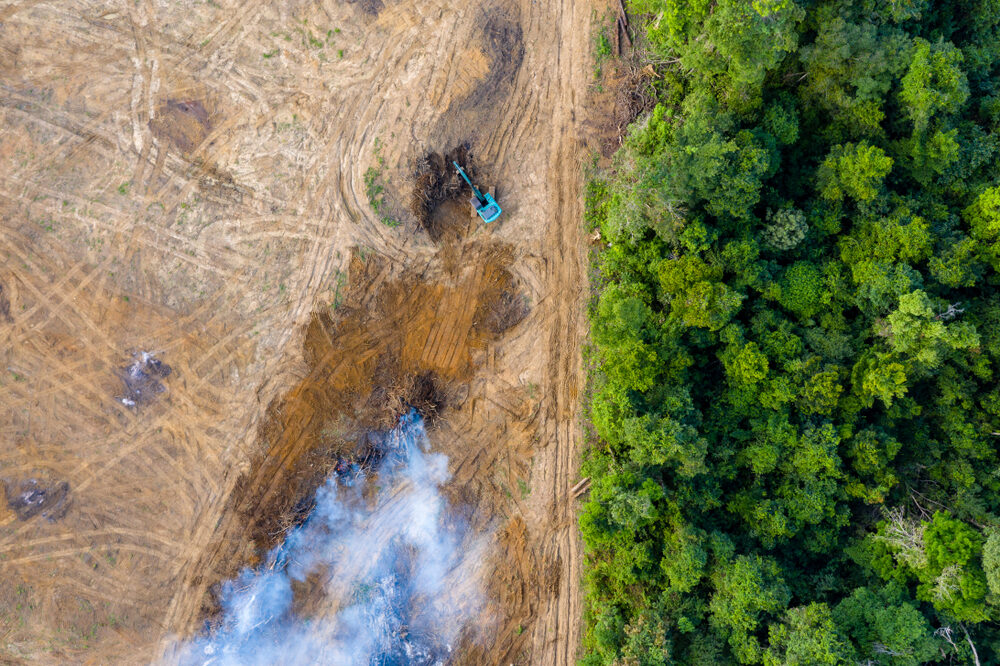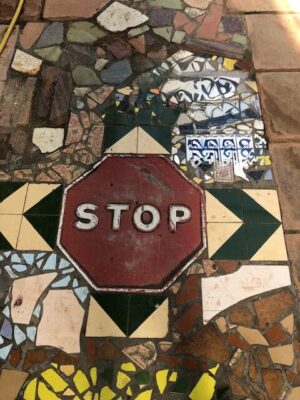Main content
Johannes Borgstein served as editor-in-chief for three years, from 2008 to 2011.
After many decades of development aid, one might have expected us to have picked up a thing or two ourselves. However, as Judith van de Kamp concludes in her PhD thesis Behind the smiles [1], the transfer of knowledge and information remains a one-way street, going in one direction, with little regard for cultural differences. “We in the West know what is best for the rest” has been the attitude, and we felt that other regions had very little to teach us. As the wealthiest, greediest and (in military terms) most violent section of the world, we had no need to be considerate. Unfortunately, it is becoming desperately clear that the Western lifestyle is unsustainable, and has been for some time. The economically challenged regions, as they have become known, may have cause to regret all the ‘aid’ they have received, while we may regret not having taken the interest to learn from them.
We have grown accustomed to the idea that science will bring continued progress and provide solutions to all of the world’s problems. But science no longer seems up to the task, and is increasingly subservient to the inevitable financial interests that rule the world. For every solution science provides, it produces an equal and opposite set of problems that paradoxically often make things worse, especially in the long term.
This situation might perhaps encourage us to become a little more modest in transferring our views and practices, and even inspire us to take a closer look at older cultures and try to learn from what we see.
What are the lessons that are to be drawn from all this? For example, the true meaning of sustainability? It’s not an electric car that merely moves the problems elsewhere but the ubiquitous bicycle, one of the truly great inventions, that uses and produces sustainable energy (unless the hill is very steep). And what about walking as a healthy mode of transport that may prevent cardiac problems and obesity. That a mud or adobe hut with a thatched roof is biodegradable and is in the end better for the environment than buildings made of concrete. That close family ties reduce mental illness, and that many symptomatic medications can be grown in your garden or window box, rather than expensively produced by a multinational pharmaceutical company. We must discover again that we are an integral part of nature, even though we seem to have lost the connection.
It is gradually becoming clear that we cannot survive without our entire ecology, no matter how much a few very wealthy individuals might desire to move on to the moon, Mars or even further afield. This dangerous distraction contributes to the idea that we have alternatives and that it is okay to wilfully destroy our home planet in the name of profit and avarice.
I once calculated that a single mission to Mars would cost the equivalent of 10,000 years of the Malawi health budget at its current level of very basic but free health care for 17 million individuals; and to put that into perspective, 10,000 years is approximately the time from the oldest recorded civilisations to the present day.
Individuals on the unimaginably inhospitable Martian environment will realise soon enough that they are a thousand times worse off than the school boy dragging his mosquito net along the shores of Lake Malawi to catch some small fish for his lunch, even taking into account the myriad tropical diseases – like malaria – as he is using his mosquito net in the wrong way; or schistosomiasis, which he is likely to encounter on the lake shore, or hookworm and ascaris; these parasites have complex and fascinating life cycles, which is clear evidence of the long interaction of individual organisms and species (think of the curious cycle of the bilharzia and malaria parasites).
Meanwhile, well-meaning billionaire philanthropists cause untold damage to fragile cultures and ecologies, imposing their limited imperfect theories by weight of finance.
But we could actually learn so much, and we may need to if the destruction of our only viable environment is to be halted.
We can learn that not everything is scientifically testable, that not all technological developments are desirable, and that mysteries are there to remain, for as Douglas Adams has written: “There is a theory which states that if ever anybody discovers exactly what the Universe is for and why it is here, it will instantly disappear and be replaced by something even more bizarre and inexplicable. There is another theory which states that this has already happened.”
Could that be the surreal feeling we are all experiencing at the moment?
References
- Van de Kamp, J. (2017). Behind the smiles: Relationships and power dynamics between short-term westerners and Cameroonian health workers in a hospital in rural Cameroon. [Thesis, externally prepared, Universiteit van Amsterdam]. Available at: https://pure.uva.nl/ws/files/18060551/Thesis.pdf



















































